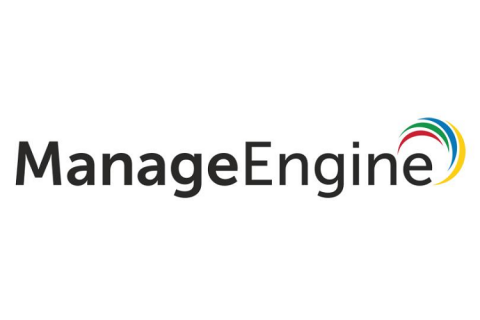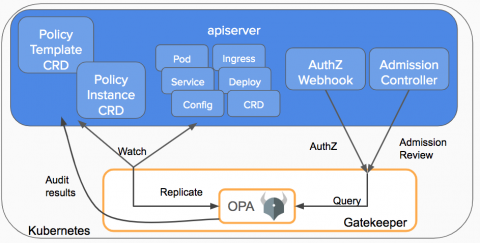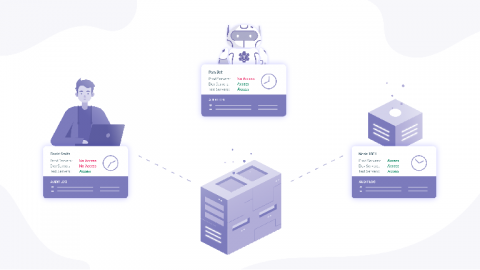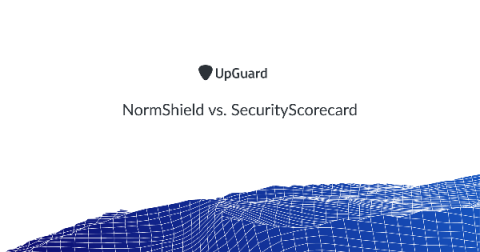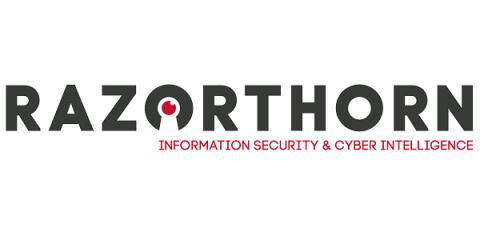Why cybersecurity needs a seat at the table
A shift has occurred in the bastion of corporate hierarchy in the last few decades that has fundamentally changed how organizations operate. This shift started about sixteen years ago in 1994 with Citibank/Citigroup. After suffering a cybersecurity incident, they created the role of Chief Information Security Officer (CISO); a role which has only grown in prominence since.




